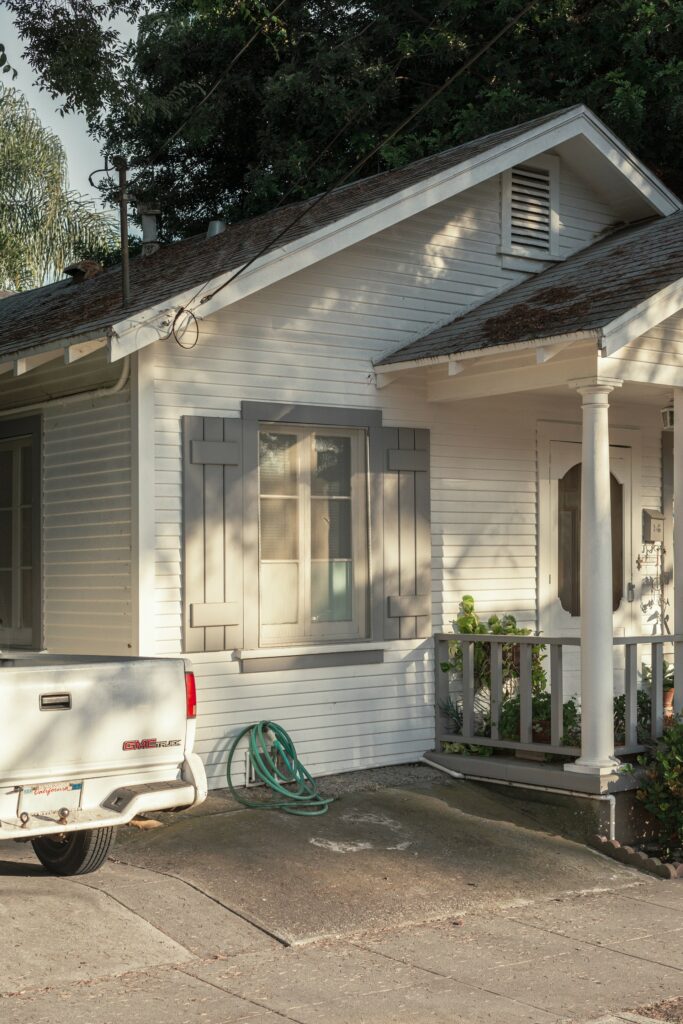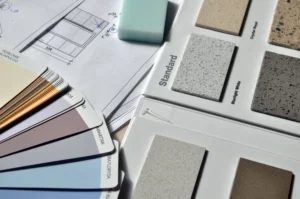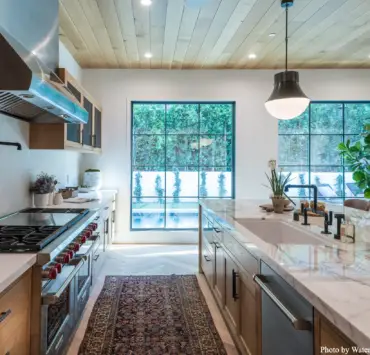Buying a fixer-upper can give a shortcut to homeownership for first-time homebuyers or a way for repeat buyers to afford a larger house or a better neighborhood.
With relatively low inventory houses for sale these days, a ready-to-move home can be challenging to find, mainly if you are on a budget. Interestingly, a fixer-upper that needs some updating and a little love can feel like a welcome alternative to a ready-to-move house that goes off the market before you can even take a tour.
However, before you start bargain hunting, you need to know what you are in for. Renovations aren’t as easy as they may be on TV or in magazines. Seemingly simple projects can become complex once the demolition starts, and if costs end up higher than estimated, finishing your project can take longer than expected.
What is a Fixer-Upper?

A fixer-upper is a house available at a lower purchase price because it needs significant maintenance work. Although you can live in a fixer-upper, you will need to spend a lot of time and money on structural and cosmetic improvements.
On the other hand, you may benefit from a fixer-upper if you want more house for your money or are interested in selling it to make a profit.
Should I Buy a Fixer-Upper?
Admittedly, buying a fixer-upper house depends on your situation. A fixer-upper house may be a good investment for one house shopper and a bad idea for another.
You need to consider needs, preferences, budget, and lifestyle when you ask yourself this question.
Here are some pros and cons to weigh before buying a fixer-upper.
Pros
- A lower purchase price: A fixer-upper house will come with a lower price tag and down payment requirement, although you will need to spend more on renovating it.
- Less competition: There is less competition for fixer-upper homes, so you are more likely to land the home you would like at a great price.
- Change to customize your house: Once you buy a fixer-upper house, you have the freedom to do whatever you like. Don’t like the kitchen? Remodel it. Wish there was a kitchen island? Build one.
- Quality control: When it comes to renovations, you are in charge. You can choose the colors, contractors, materials, and everything else.
Cons
- Expensive renovations: Depending on the renovations, you may end up breaking your bank on a fixer-upper.
- Long-term construction: Unless you live somewhere else while the renovation of your fixer-upper, you will have to live in a construction area for months or even years.
- Unexpected issues: Even if you get an inspection, most of the time, there are unexpected problems, notably if the house is older.
- Difficult budgeting: Although you can run the numbers and estimate how much your renovations may cost you, it is almost impossible to come to an accurate figure. Indeed, there will always be unexpected surprise costs that pop up.
How Can I Buy a Fixer-Upper?

If you are thinking of buying a fixer-upper home, you might want to keep the following tips in mind:
1. Get A Home Inspection
Although a home inspection will cost you a couple of hundred bucks, it is non-negotiable if you want to buy a fixer-upper. A well-qualified home inspector will perform a thorough investigation of your house and provide you with a detailed report that outlines all the repairs it will need.
Without one, you will have no idea that the home needs new plumbing, the foundation is cracked or the septic tank needs to be replaced. Further, a home inspection helps you avoid unpleasant surprises as well as budget for and prioritize projects.
A home inspection is a crucial part of any home purchase, but particularly with a fixer-upper.
2. Estimate Renovation Costs
When you are buying a fixer-upper house, you want to ensure you can comfortably afford to turn it into the space you wish. To create a list of every project, you will want to complete and price out the materials and, if it needs a contractor, labor costs as well.
Moreover, do some online research and get some quotes from a remodeling contractor near you. Unfortunately, you won’t be able to come to an exact cost for everything. Still, you will undoubtedly be able to figure out a ballpark that allows you to budget accordingly and determine whether the investment is worthy.
3. Determine If You Need a Permit
Some home remodeling projects require permits. Of course, the location of your house will dictate which renovations you need permits for, but in most cities, permits are necessary for:
- Structural work
- Plumbing and electrical work
- Window installation
- Room additions
- Sheds and garages
- Fences
You can visit your local municipal office to apply for a permit. Depending on how complex your renovation project is, you may need to provide detailed plans.
4. Identify What You Can Renovate Yourself
There’s no denying the fact that DIY renovations can save you a ton of cash as contractors can be expensive, primarily if you use them for every project. If you are handy or have some friends or family members to assist you, figure out which projects you can renovate yourself.
Although you may not be able to tackle the plumbing and electrical yourself, you may be able to apply a backsplash and paint without a contractor’s help.
5. Make A Smart Offer

The last thing you want with a fixer-upper house is to overpay. The primary reason of buying a house that needs serious renovation is obtaining a great deal on it. Consequently, make an offer that strikes a balance between a great deal and the price of necessary repairs.
With any offer, you must include contingencies. Contingencies are exemptions that allow you to back out of a deal if something comes up. A couple of common contingencies are inspection and appraisal contingencies. Further, if an inspection discovers a significant problem or the home appraises lower than you offered, you can back out. Moreover, you should be able to negotiate a selling price. If the home you are interested in has a lot of flaws, you may have more bargaining leverage.
Therefore, work with an agent to make a smart offer and handle any counteroffers while buying a fixer-upper. Besides, don’t be afraid to walk away if the seller isn’t willing to negotiate.







